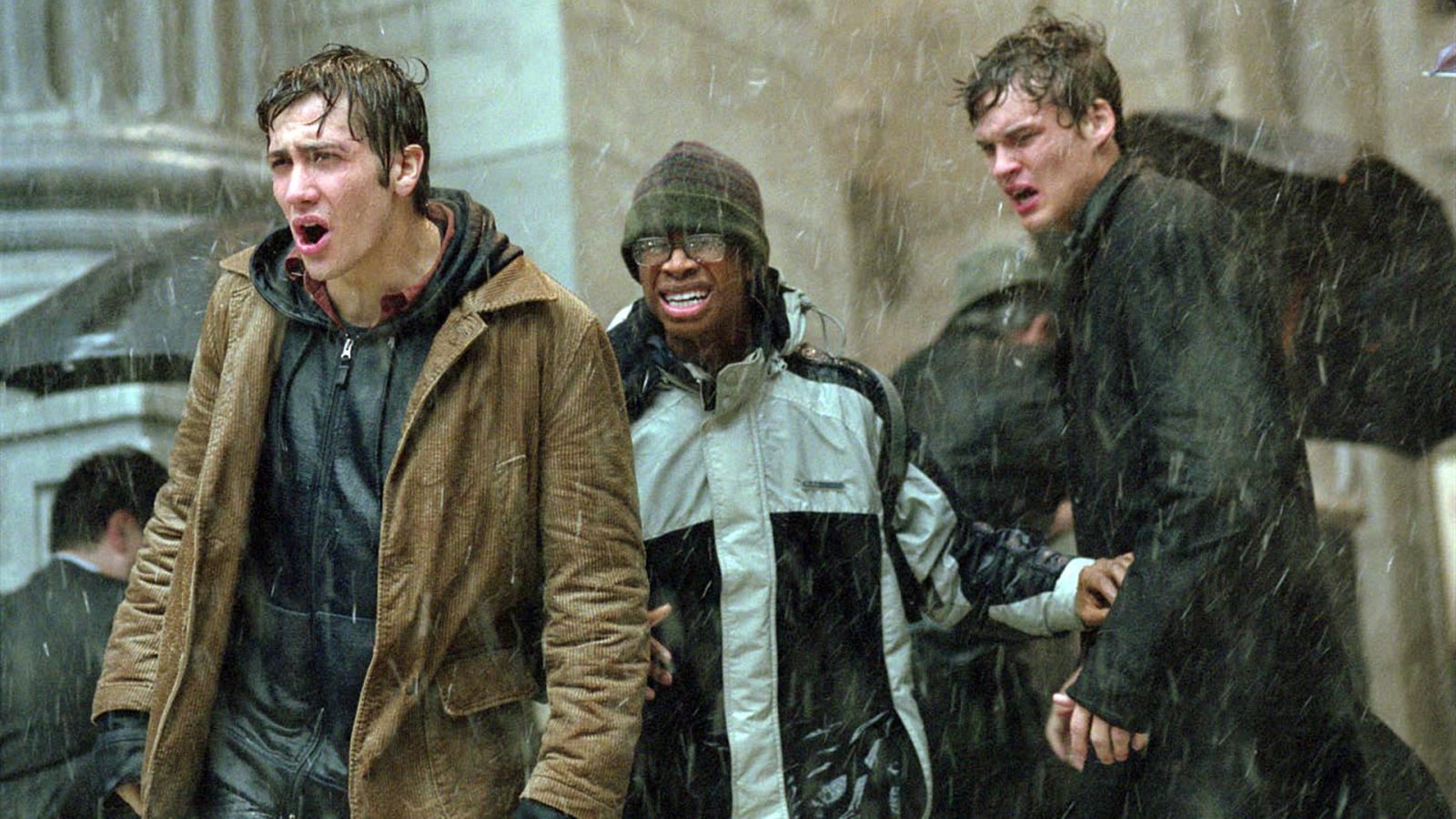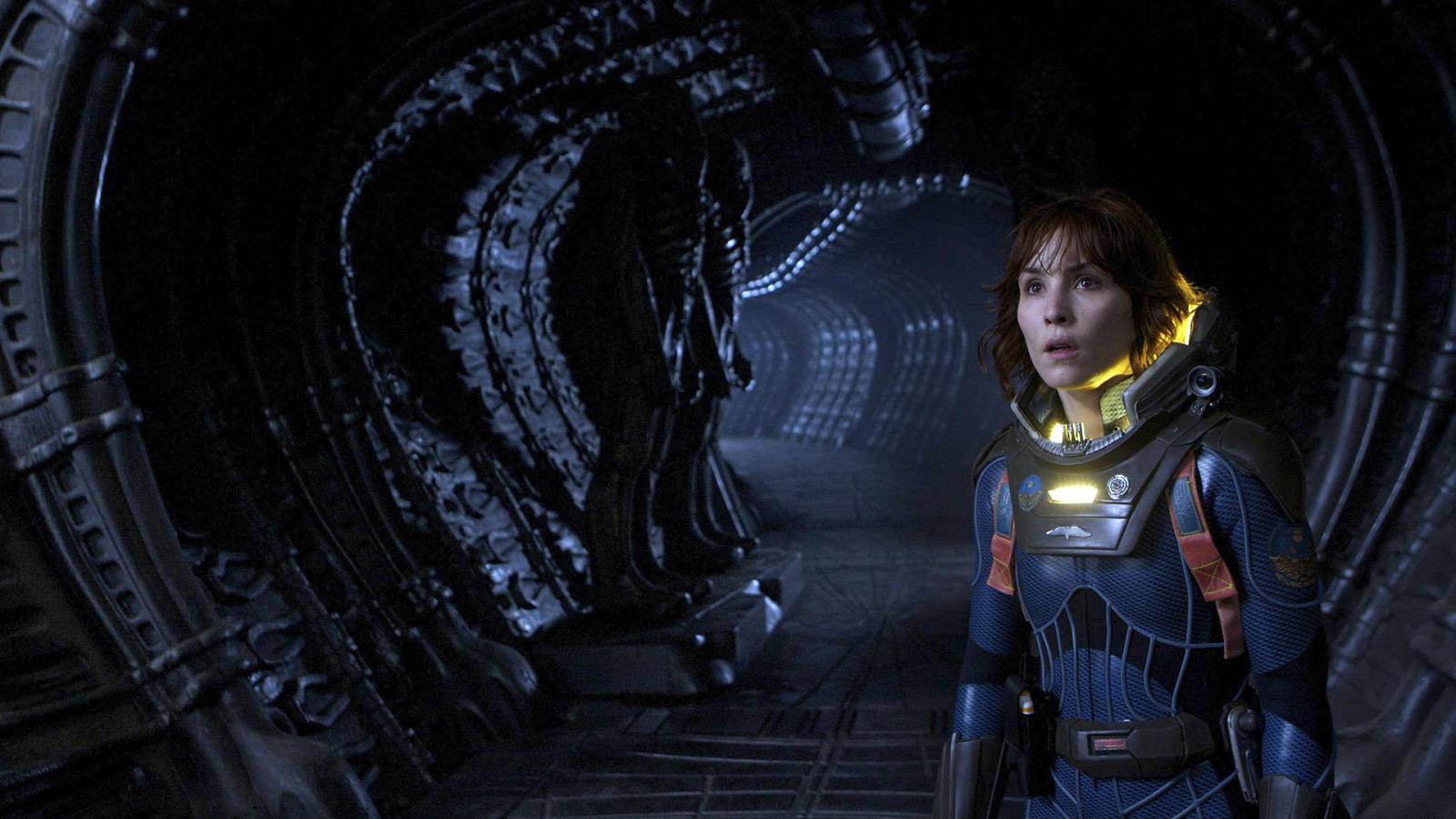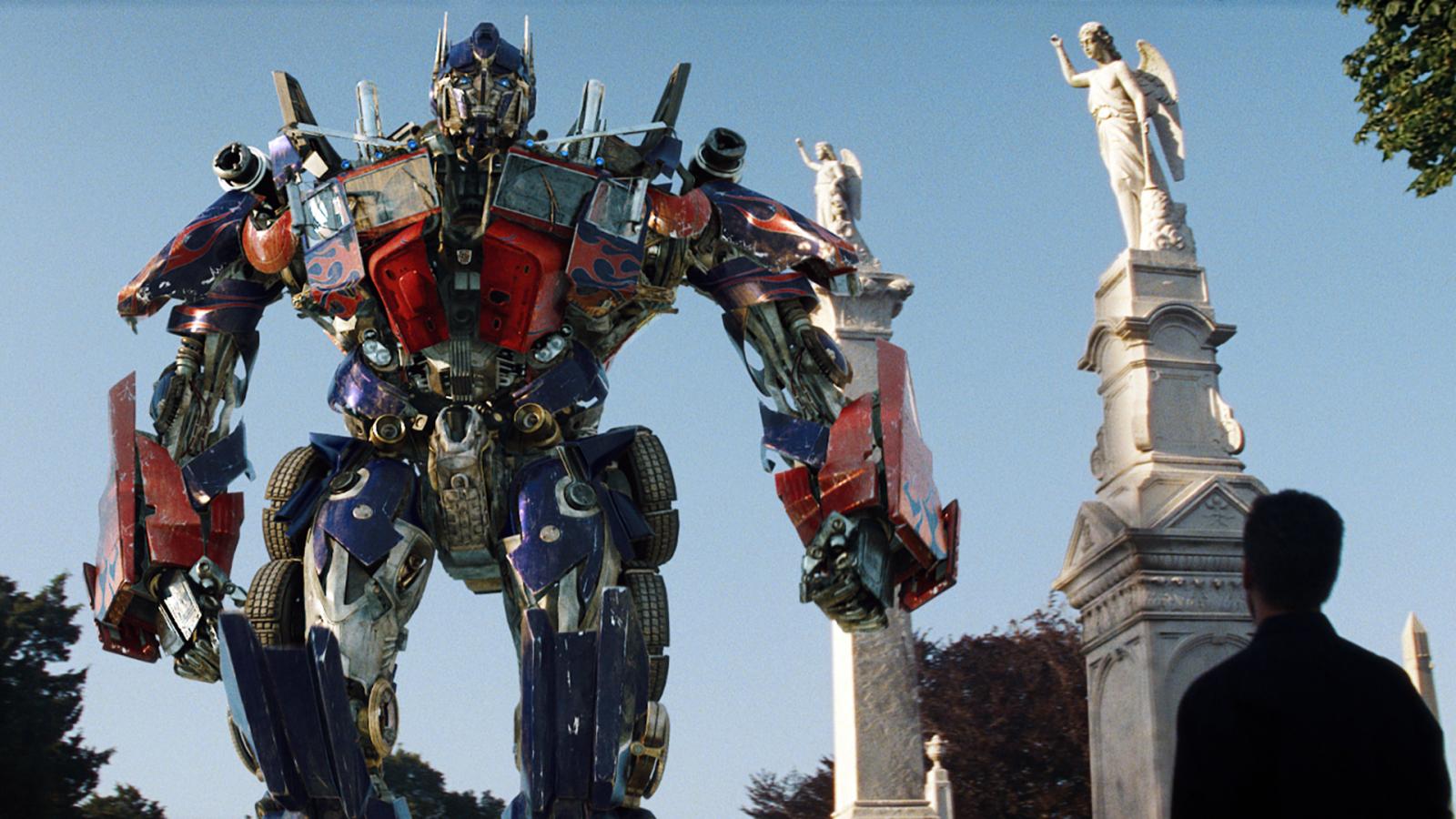12 Science Fiction Movies With Hilariously Bad Science

When you're sitting in the theater enjoying these films, check your scientific skepticism in at the door.
1. "Lucy" (2014)

"Lucy" is a film that turned the pseudo-scientific myth of humans only using 10% of their brain capacity into a full-blown cinematic experience. When the protagonist, Lucy, ingests a synthetic drug, she apparently unlocks the rest of her cerebral potential, leading to everything from time travel to telekinesis. Neurologists worldwide probably got a headache from the numerous scientific inaccuracies. If unlocking more brain power led to such abilities, our college professors would be levitating chalks and not giving lectures.
2. "The Day After Tomorrow" (2004)

If meteorologists had a dollar for every scientific faux pas in "The Day After Tomorrow," they'd all be sipping piña coladas in Tahiti. The plot revolves around the dramatic onset of a new Ice Age due to global warming, resulting in a superstorm that freezes entire cities. Now, climatologists agree global warming is a serious issue, but an instant Ice Age isn't exactly on the cards. As for outrunning frost? Well, frostbite doesn't quite work that fast!
3. "2012" (2009)
.jpg)
"2012" is basically a movie based on the Mayan prophecy predicting the end of the world. From the Earth's core heating up due to neutrinos, to continental drift happening in mere days, the bad science here is as abundant as the CGI. The idea of neutrinos mutating and heating the planet's core would have particle physicists laughing into their morning coffee. Not to mention, continents move at about the speed your fingernails grow, not like a sprinter on steroids.
4. "The Core" (2003)
.jpg)
"The Core" has a simple yet hilariously inaccurate premise. The Earth's core has stopped spinning (somehow?), so a team must drill down and set off nuclear explosions to restart it. While the film is an enjoyable romp, geophysicists would have you know that if the core did stop spinning, drilling a hole and setting off a few nukes is like trying to fix a dead car battery with a stick of dynamite.
5. "Armageddon" (1998)
(2).jpg)
In "Armageddon," NASA decides it's easier to teach oil drillers to be astronauts than to teach astronauts to drill. It's a memorable movie, but the science is, to put it lightly, questionable. The idea of blowing up an asteroid heading towards Earth is tricky enough, but doing it by drilling a hole in the middle? Well, let's just leave it at this: however entertaining "Armageddon" was, scientifically sound it was not.
6. "Prometheus" (2012)

"Prometheus," Ridley Scott's ambitious prequel to the "Alien" franchise, is packed with philosophical questions and, unfortunately, dubious science. Perhaps the most glaring error is the alien DNA being a 100% match to human DNA. Geneticists would tell you that we're not even a 100% match with chimpanzees, our closest evolutionary relatives! We'd sooner find a match on a dating app than in an extraterrestrial being's genetic code.
7. "Transformers: Revenge of the Fallen" (2009)

The Transformers series isn't exactly known for its adherence to scientific laws, but "Revenge of the Fallen" deserves special mention. Here, we have the infamous scene where a tiny piece of the AllSpark turns regular household appliances into aggressive, fully-armed Decepticons.
While the spectacle is undoubtedly entertaining, the concept contradicts the fundamental laws of mass conservation. Unless the AllSpark also magically conjures up metal from an alternate dimension, our toaster shouldn't be able to morph into a murderous robot bigger than itself.
8. "Gravity" (2013)
(1).jpg)
Now, "Gravity" is a beautifully crafted film with some incredibly realistic visual effects. But, the science behind it isn't as strong as the gravitational pull it purports. Remember the scene where George Clooney's character drifts away into space because of, well, gravity? As per the actual physics of zero gravity environment, Clooney could have been pulled back with a slight tug. No need for that self-sacrificial goodbye, George. The real enemy here was not gravity, but a flimsy understanding of orbital mechanics.
9. "Jurassic World" (2015)
.jpg)
Who doesn't love a good dinosaur rampage? "Jurassic World" had us all gripped with its genetically modified, ultra-intelligent Indominus Rex. The beast was a result of combining genes from different species, resulting in a dinosaur with superpowers like adaptive camouflage and heat suppression. Now, genes aren't Lego blocks; you can't just mix and match them to create custom abilities. If it were that simple, we'd all be photosynthesizing our lunch and shooting spider webs from our wrists, amirite?
10. "The Happening" (2008)
.jpg)
In "The Happening," plants decide they've had enough of humans and start releasing toxins that make people commit suicide. It's an environmental message delivered with the subtlety of a sledgehammer. The problem here is not just that the premise is outlandish, but the way it contravenes basic biological principles. Yes, plants can release harmful substances, but a neurotoxin that selectively affects only humans, and induces such specific behavior, is stretching the elastic band of believability until it snaps.
11. "Venom" (2018)

"Venom" tells us the story of an alien symbiote that bonds with a human host to create a super-powered entity. As cool as it sounds, the science behind this symbiosis is laughably incorrect. In real biology, symbiotic relationships take thousands of years to develop and are about mutual benefit, not taking over bodies and chomping off heads. And as for the symbiote's ability to heal any injury? It's more comic book magic than biology.
12. "Interstellar" (2014)
.jpg)
"Interstellar" is a movie that gets a lot of its science right, but there's one big 'black hole' in the plot. The film features a planet located near a gigantic black hole that significantly slows down time—a neat concept but one that doesn't hold up to astrophysical scrutiny. The tidal forces of such a close black hole would rip the planet apart, not to mention the lethal dose of radiation it would receive. This planet wouldn't be a ticking time bomb; it would be a scrambled egg.